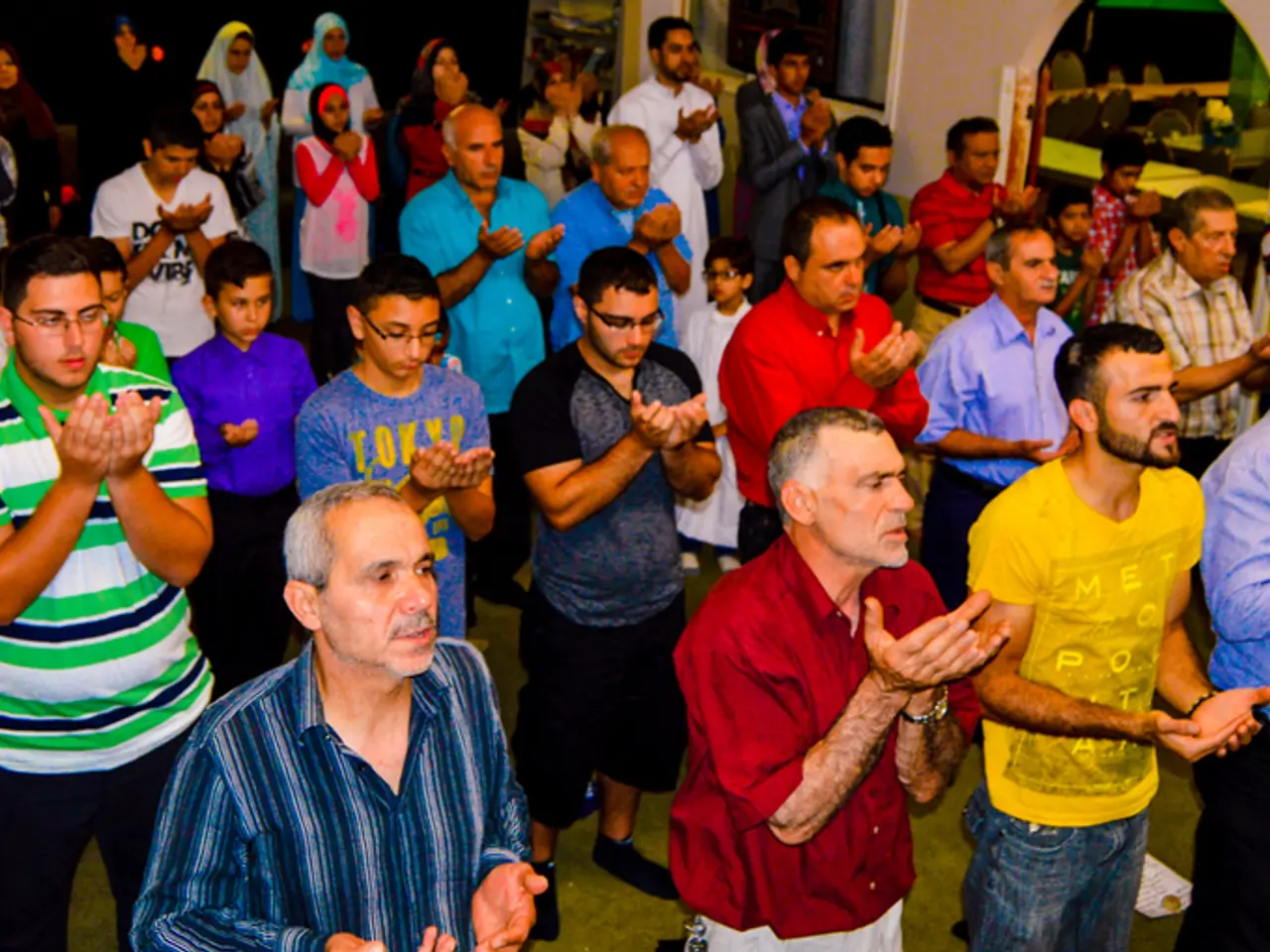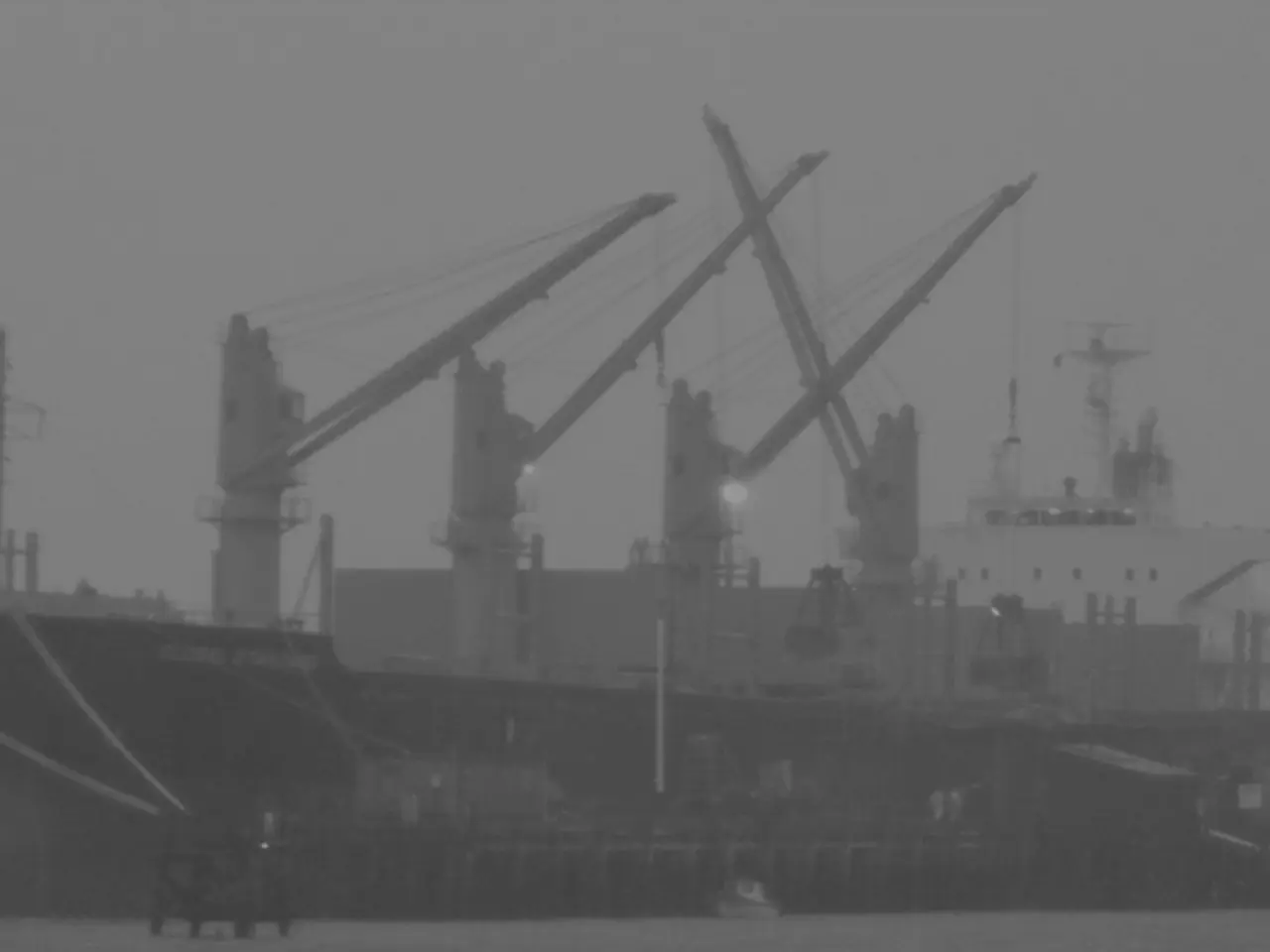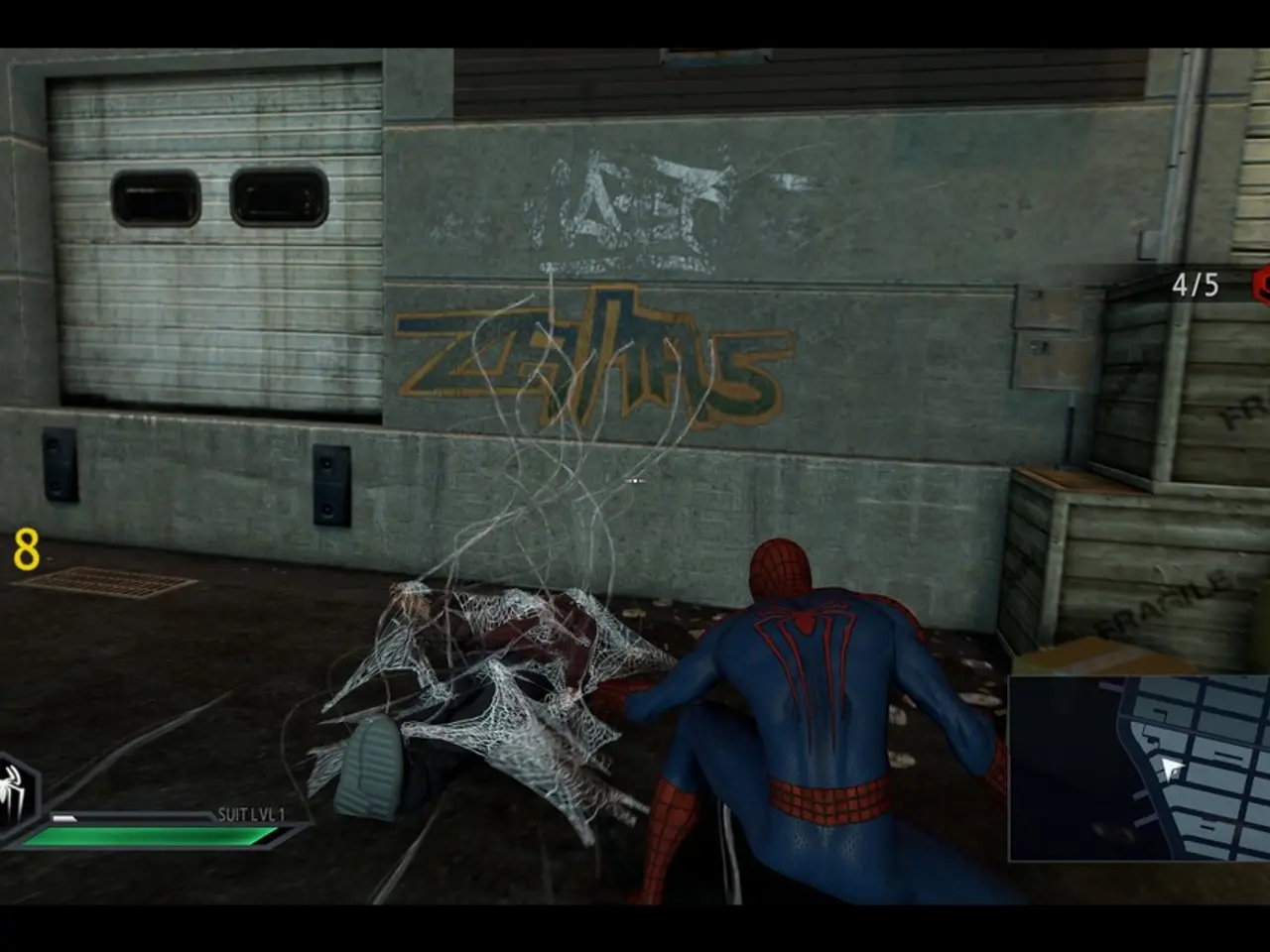Far-right Israeli minister disregards a decades-old accord and pays homage to Jerusalem's most contested sacred location.
The Israeli National Security Minister, Itamar Ben-Gvir, has been at the centre of a series of highly provocative incidents at the Al-Aqsa Mosque compound in Jerusalem. These actions have sparked widespread condemnation from the international community and escalated religious and political tensions in the region.
On August 3, 2025, Ben-Gvir led over 1,250 illegal Israeli settlers in a large, provocative march and incursion into the Al-Aqsa Mosque compound during the Jewish observance of Tisha B’Av. This event, which included assaults on Muslim worshippers, journalists, and Al-Aqsa guards, was condemned by Palestinian officials as an unprecedented escalation in political and religious incitement and a systematic violation of the sanctity of Al-Aqsa and Palestinians’ rights to worship there.
During this incident, Ben-Gvir publicly declared, “the Temple Mount is for the Jews, and we will remain here forever,” a statement that breached a decades-old status quo agreement governing the site. This agreement restricts Jewish prayer at the mosque compound to avoid inflaming tensions.
Ben-Gvir's actions at the Al-Aqsa Mosque compound are not isolated incidents. He has a history of provocative actions and statements concerning the site, including openly praying there himself, which is seen by many as inflaming religious and political tensions and undermining peace agreements.
The Palestinian Ministry of Religious Affairs, Jordan's foreign ministry, and various international entities have strongly condemned Ben-Gvir's actions. He has been labelled an "extremist" and a "blatant violator of international law and international humanitarian law."
Moreover, Ben-Gvir has been declared a persona non grata by the Netherlands for his alleged incitement of violence against Palestinians, advocacy for the expansion of illegal settlements, and calls for "ethnic cleansing in the Gaza Strip."
The Al-Aqsa Mosque compound is significant to both Judaism and Islam, with Jews facing in prayer towards the site, which is considered the holiest site in Judaism. Ben-Gvir commemorated Tisha B'Av, a Jewish day of mourning, in the Al-Aqsa Mosque compound.
The eastern sector of Jerusalem, where the compound is located, is viewed by most of the international community as being under Israeli occupation. Palestinians aim for East Jerusalem as the capital of their future state.
In response to the international condemnation, the Israeli Prime Minister's Office maintains that its policy of maintaining the status quo on the Temple Mount has not and will not change. However, Ben-Gvir's actions have raised concerns about the future of religious harmony and peace in the region.
Countries such as Australia, Canada, New Zealand, Norway, the United Kingdom, Israel's Finance Minister Bezalel Smotrich, and Jordan and Saudi Arabia have imposed sanctions on Ben-Gvir in response to his actions at the Al-Aqsa Mosque compound.
As the situation continues to unfold, it is clear that Ben-Gvir's actions at the Al-Aqsa Mosque compound have significantly escalated tensions and sparked international outrage. The future of religious harmony and peace in Jerusalem remains uncertain.
The Al-Aqsa Mosque compound incident, involving Israeli National Security Minister Itamar Ben-Gvir, has provoked a deluge of general-news coverage, including topics like war-and-conflicts and crime-and-justice, in the world. The international community, including countries such as Australia, Canada, New Zealand, Norway, the United Kingdom, and Jordan, has condemned Ben-Gvir's actions, labeling him an "extremist" and an "inciter of violence." Meanwhile, Ben-Gvir's provocative acts and statements concerning the Al-Aqsa Mosque compound have fuelled political tensions in the Middle East, a region already fraught with ongoing war-and-conflicts and religious strife.








